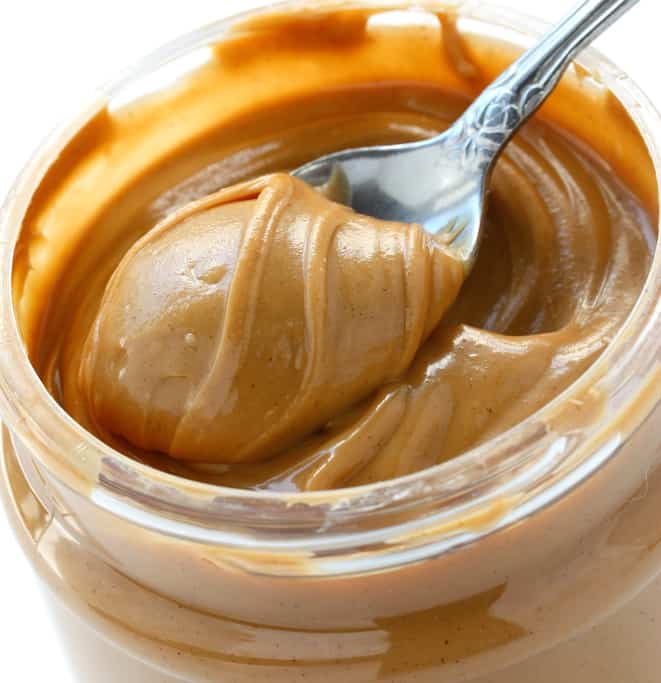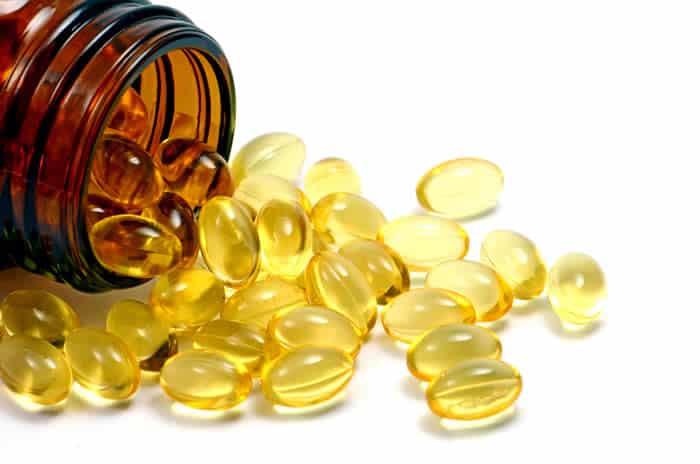Learn more about a new study that reveals an inverse association between dietary vitamin E intake and Parkinson’s Disease risk in U.S. adults over 40 years old.
A groundbreaking cross-sectional study conducted by researchers has shed light on the association between dietary vitamin E intake and the risk of Parkinson’s Disease (PD) among adults over 40 in the United States. (1) The study utilized data from the National Health and Nutrition Examination Survey (NHANES) spanning from 2009 to 2018. It included a total sample of 13,340 participants.
The primary objective of the study was to explore the potential link between dietary vitamin E intake and PD.
- Simple Comparisons: They looked at how vitamin E intake related to PD risk.
- Advanced Analysis: Researchers used more complex statistical methods to consider various factors that could affect the results.
- Graphs: Graphs were used to see if the relationship between vitamin E and Parkinson’s Disease was straightforward or more complex.
- Subgroup Investigation: Different groups of people were also examined to see if factors like age might change the connection between vitamin E and PD.
The Main Discovery
The main discovery was that people who ate more vitamin E-rich foods had a lower risk of developing Parkinson’s Disease. Examples of vitamin E-rich foods include sunflower seeds, almonds, hazelnuts, peanut butter and spinach.

This connection held true even after considering various factors like age and other health conditions. The graphs didn’t show any unexpected twists in this relationship.
Age Might Have a Strong Influence on the Connection
Interestingly, when the researchers looked specifically at different age groups, they found that age might influence how much vitamin E affects Parkinson’s Disease risk. This means that the link between vitamin E and PD could vary based on a person’s age.
The findings support the notion that vitamin E supplementation could be explored as a potential intervention strategy to mitigate the risk of developing Parkinson’s Disease – particularly in individuals over the age of 40.
The research team anticipates that these findings will stimulate further research and discussions within the scientific and medical communities. Fortunately, the findings could potentially influence public health recommendations related to vitamin E intake.
Note: Consider supplementing your vitamin E intake with Natural Wellness’s Natural Vitamin E softgels providing 268 mg (400IU) of d-alpha tocopherol daily.




